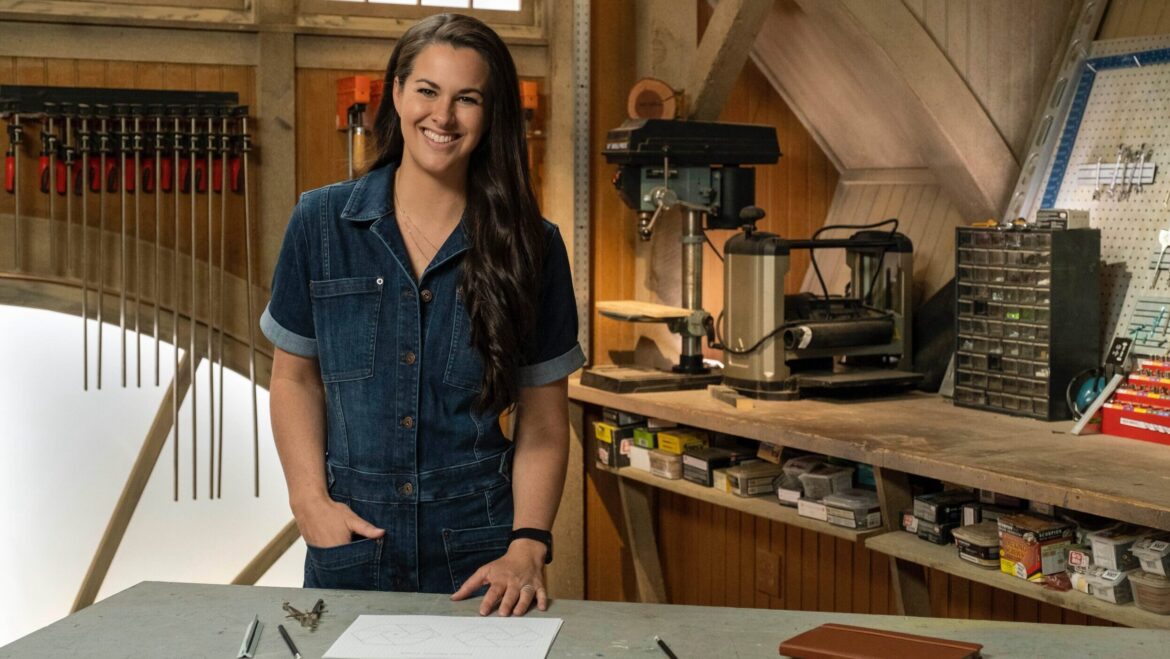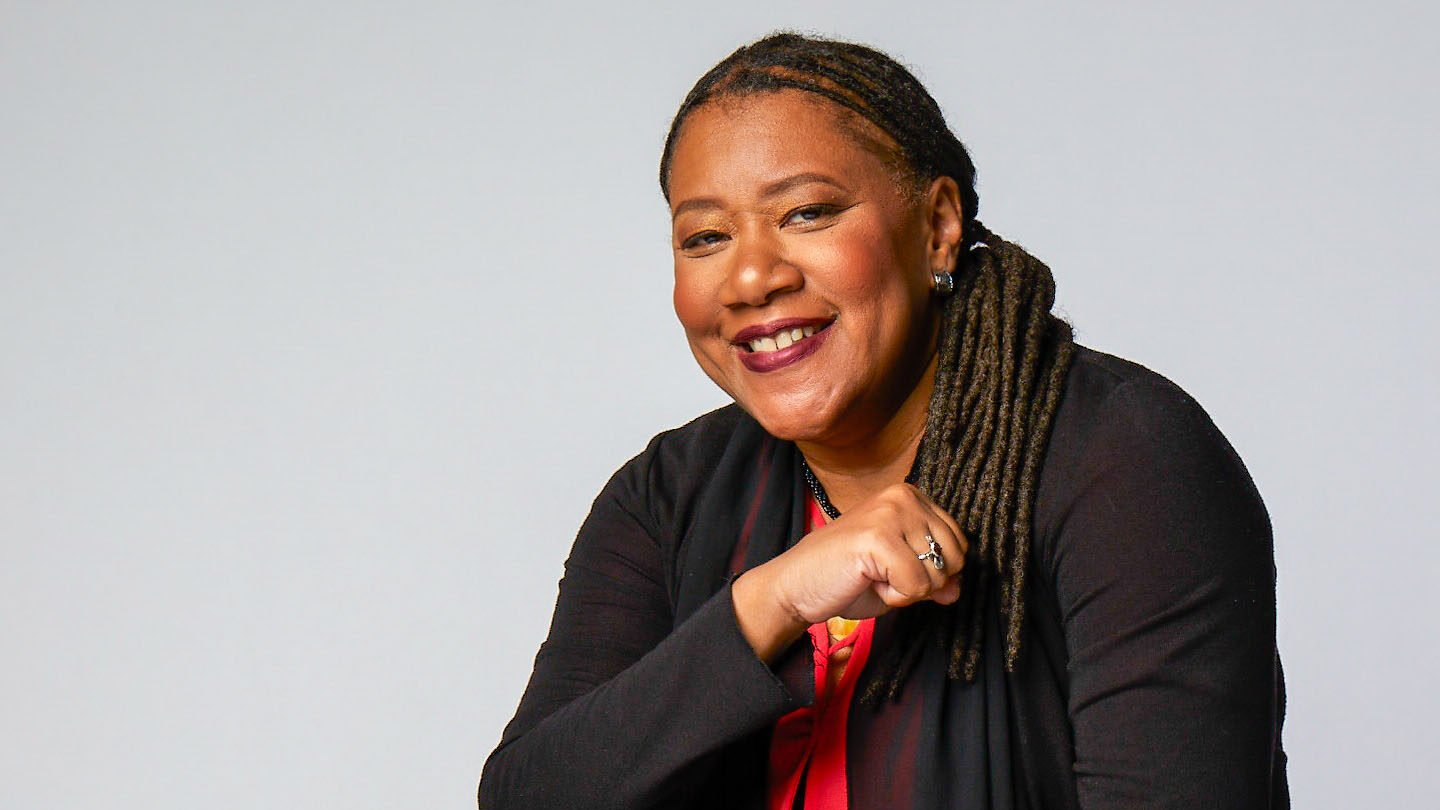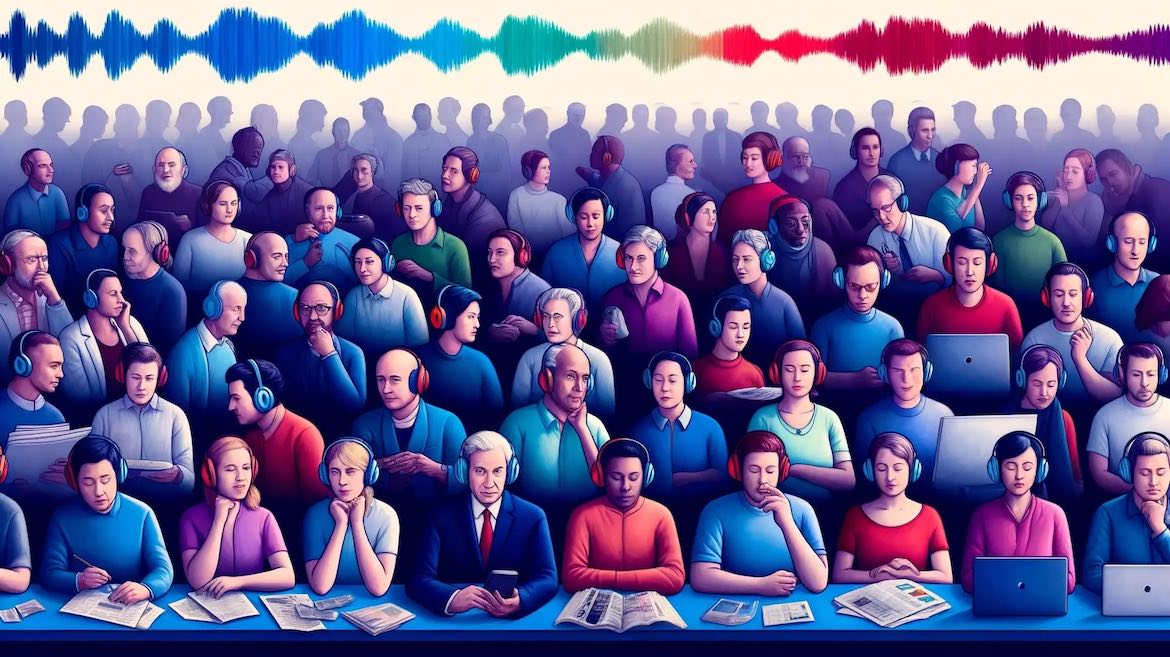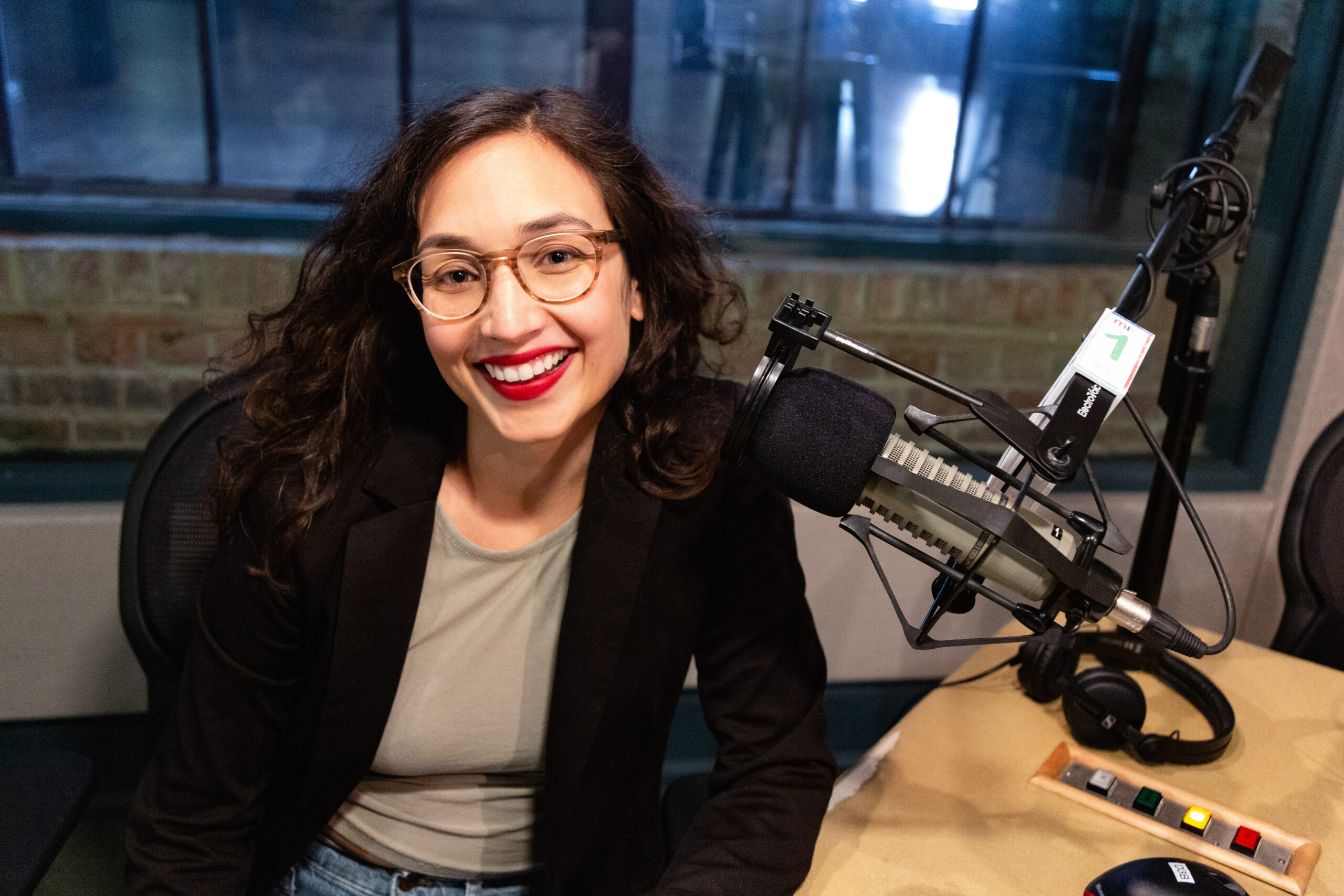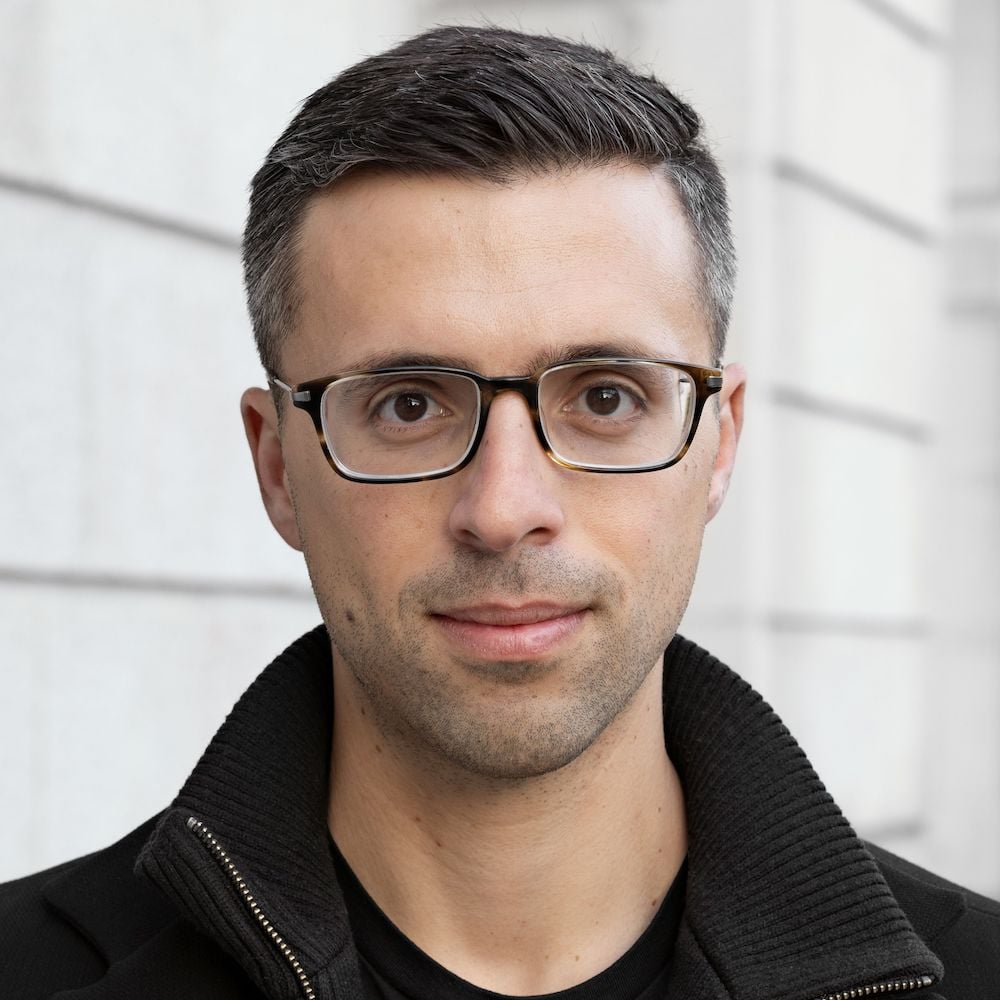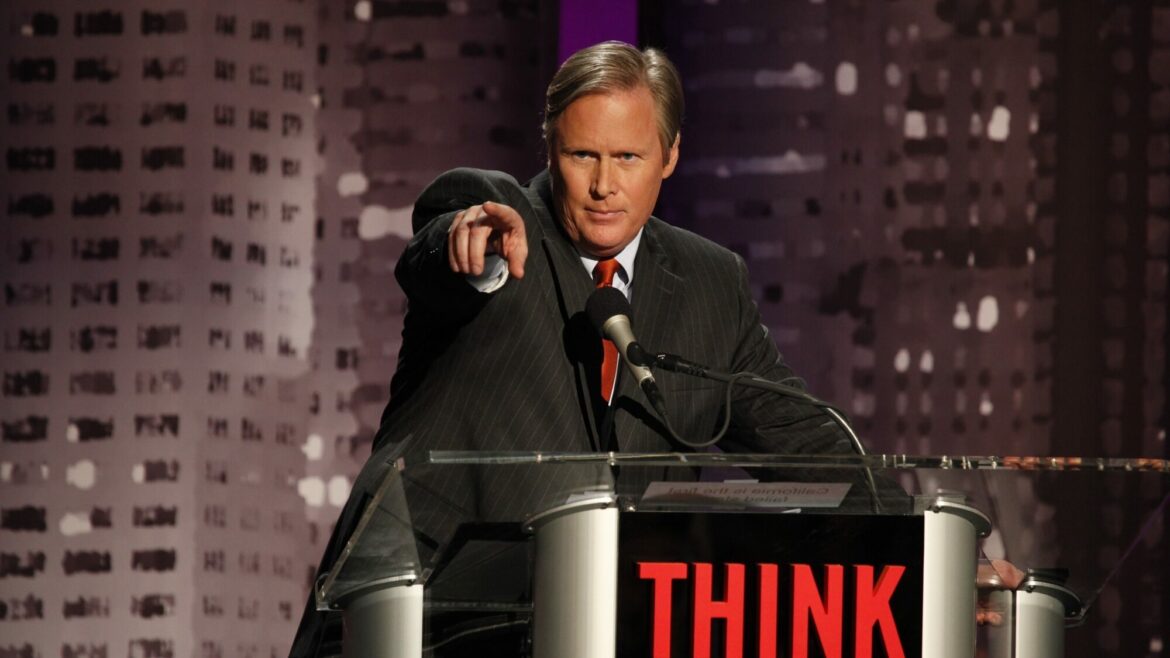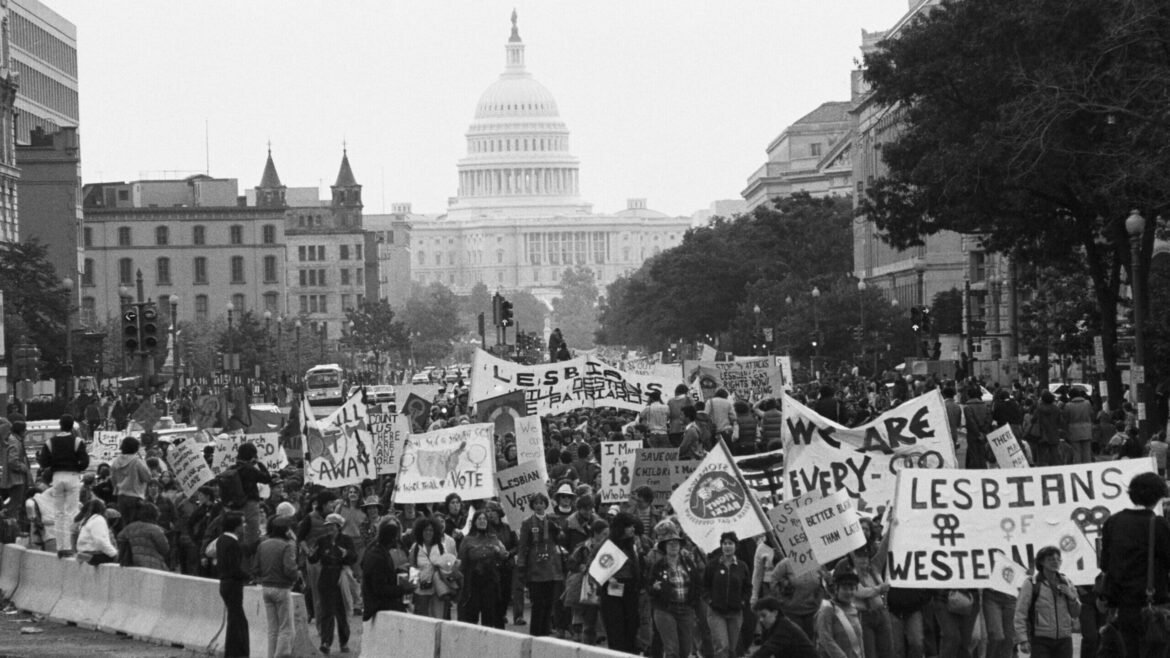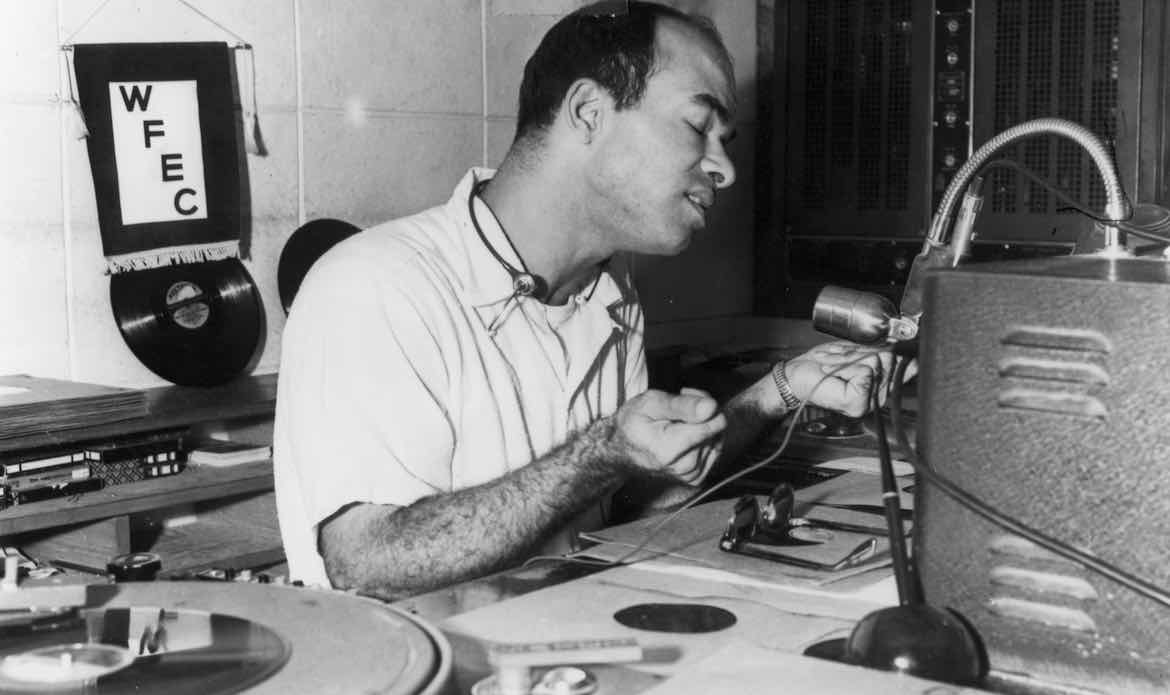Tag: Radio programs
‘This Old House’ can help public radio connect with more listeners
Service-oriented programs that help solve real-world problems can make a real impact in building audience trust and loyalty.NPR to debut ‘Tiny Desk Radio’
The radio show launches next month.‘The Sam Sanders Show’ goes national through PRX distribution
The weekly show, which debuted on KCRW in October, has been “pushing the boundaries of how radio can sound and feel,” Sanders ...Shorter news stories won’t solve public radio’s problems
As Matthew McConaughey’s character says in “True Detective,” "Time is a flat circle." It’s not a content strategy.PRX to distribute special episodes of WABE program
“Closer Look with Rose Scott” will explore how issues affecting the city of Atlanta play out nationally.How public radio can serve listeners from across the political spectrum
Public radio has become "too predictable and a bit boring,” writes Jack Mitchell, a founding producer of “All Things Considered.” “Fix that ...How public radio programmers replaced ‘The Takeaway’
The show’s cancellation meant that stations have “fewer options to offer our audience during the midday,” said Sean Birch of South Carolina ...PRX to distribute WUNC program ‘Embodied’
The hourlong program discusses sex, relationships, health and other themes that get into “taboo territory.”PRX to offer ‘Ezra Klein Show’ to public radio stations
The show will be available to public radio stations starting Nov. 10.ChatGPT helps would-be writers find inspiration on community radio
The show "KGUA Writers" is turning listeners' prompts into AI-generated fiction.‘Intelligence Squared Debates’ expands to deliver weekly episodes
A decision to rethink the format gave producers flexibility to create episodes on hotly debated, timely topics.How ‘This Way Out’ is preserving its collection of historic audio from the LGBTQ movement
Producers of the weekly radio magazine that debuted in 1987 are excavating recordings stored in closets and in obsolete formats.A podcast adapted for public radio explores Midwestern food and cultural traditions
"Eat Your Heartland Out" creator Capri Cafaro sees conversations about food as a way to emphasize what we have in common.WHRO acquires oldies station with ‘passionate’ following
With a signal boost and rebranding of WFOS as the Time Machine Radio Network, WHRO aims to reach a new audience of ...PRX re-releases series exploring the history of Black culture through radio
”With the amount of time and effort and love that we put into this, it should be available again,” said Sonja Williams, ...


